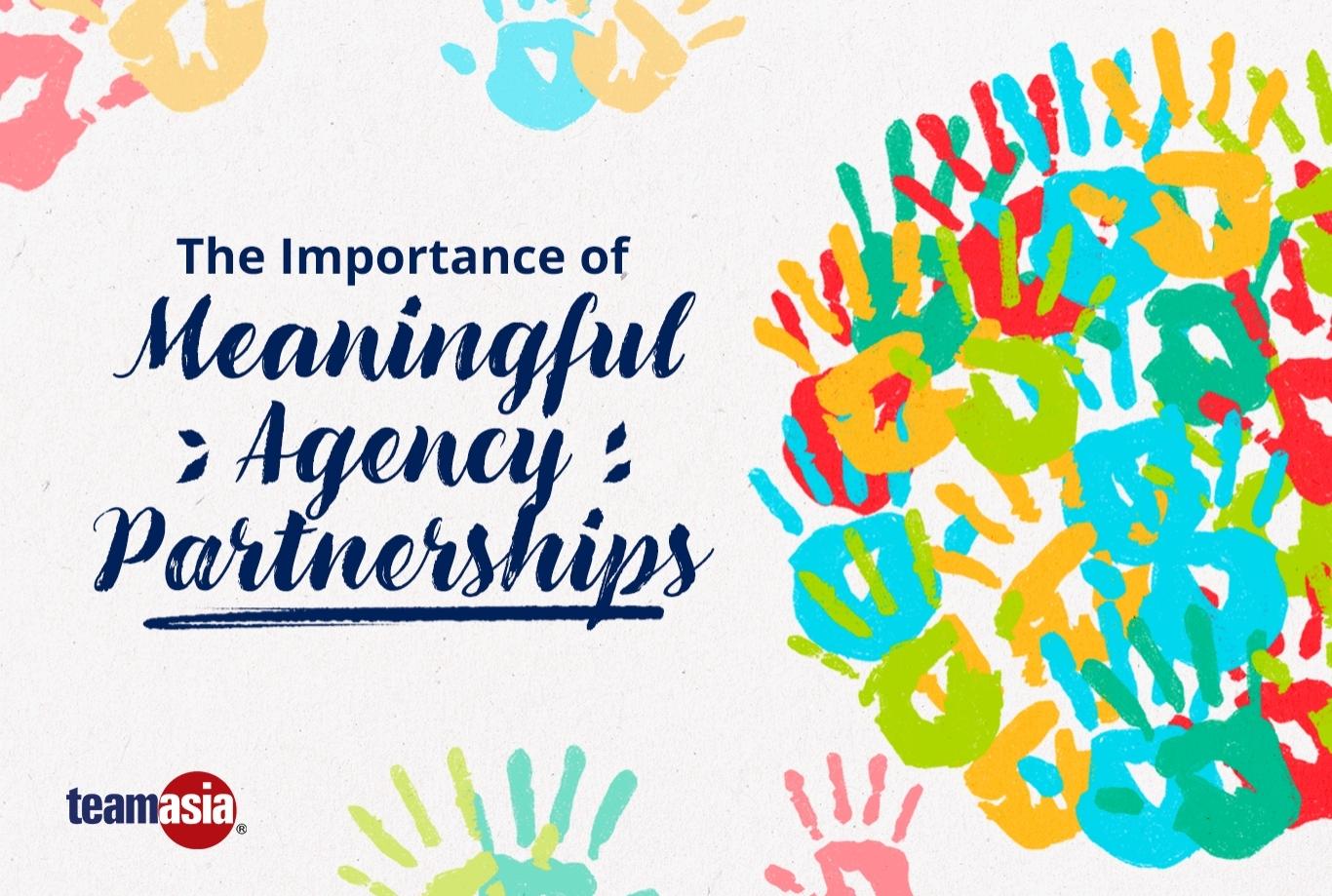IT-BPO industry resilient amidst calamities, survey shows
(Manila, Philippines, September 28, 2012)—An industry-wide survey by the Business Processing Association of the Philippines (BPAP) and Outsource2Philippines showed that 80 percent of respondents, consisting of 166 IT-BPO and global in-house center (GIC) executives, said their firms experienced no downtime or less than 24 hours of downtime as a result of the monsoon surge in August.
The 2012 floods appeared to have a broader impact on operations than Typhoon Ondoy in 2009. This raised concerns on the effectiveness of IT-BPO and GIC companies’ business-continuity strategies and disaster preparedness plans.
Among the companies that experienced downtime, 78 percent cited the weather as the main reason for disruption in their operations. Return-to-normal operations took up to two to three days for 43 percent of respondents. The impact of the 2012 floods on employees was also more significant than during Ondoy, as illustrated by the reported rate of absenteeism on August 7.
Forty-seven percent of respondents reported an absenteeism rate of above 25 percent (“much higher than usual”)—higher when compared to the 26 percent “about the same as usual” rate of absenteeism during Ondoy in 2009.
Susceptibility to calamity was identified by 21 percent of respondents as a huge risk factor in doing business in the Philippines. Most of the companies already have an elaborate contingency plan in place, especially during inclement weather.
“Given the difficult situation and possible extended weather disturbances, we had to activate our disaster recovery plan to allow our business units to continue servicing our clients,” said Pointwest Technologies president Ma. Cristina Coronel. According to FIS Global Solutions VP-ITO Philippines Armand Cajayon Jr., their operations were affected by non-reporting employees who were caught up in the floods, rains, and traffic.
“Our business units had to activate their own business-continuity plans to pick up what we couldn’t do—to meet critical deadlines, deliverables, and service levels,” said Gigi Mantaring, VP and general manager of Manulife Business Processing Services.
At the height of the weather disturbance, IT-BPO companies made sure that employees were safe either within their workplaces or in their homes. Seventy-five percent of companies called down employees to ensure their safety while 47 percent provided shelters onsite.
“We called employees one by one to see if they were okay,” said StarTek regional human resources director Joyce Peñalosa. For almost 50 NorthgateArinso employees affected by the storms, country manager Hans Montenegro said accommodation, meals, clothing, and laundry allowances were provided over two days.
Meanwhile, Oce Business Services temporarily housed employees whose homes were submerged in floods. “We converted our training rooms to this purpose for the meantime,” said general manager Rommel Regalado. MediCall management went out of its way by providing both in-house and hotel accommodations to shelter employees, according to president Jeff Williams.
To assist their workforce, 53 percent of companies provided in-kind assistance, which included food, water, and basic necessities while 34 percent extended emergency calamity loans to affected employees. While about half of respondents’ companies did not provide emergency loans, most did. Generosity of those extending loans were evident as 39 percent said they extended ?5,001–?50,000 in emergency loans per employee.
Although 70 percent of respondents’ companies provided a variety of in-kind assistance, a fewer number of beneficiaries required assistance in 2012.
Telus International Philippines provided free meals to all team members across all sites. “We ensured that our concessionaires had fresh and steady supply of food to keep our employees comfortable despite being in the office,” said head of communications Warren Tait. HRMall global HR director Chiara Zotomayor shared, “We provided immediate financial assistance to affected employees and their families through a special calamity loan program.”
“Our top priority is the safety of our employees, their families, and the communities we operate from,” said Benedict Hernandez, BPAP president and CEO. “Being in a disaster-prone region has compelled most IT-BPO companies in the Philippines to always be ready for the unexpected. Disaster preparedness is therefore a cornerstone of our business continuity planning. Organizations with a well-conceived disaster management program are capable of responding to and recovering from calamities, financial losses, and other risks. Having a ‘Plan B’ enabled us to achieve and manage disruptions in our operations.”
In 2011, the IT-BPO industry generated $11 billion in revenues and employed approximately 640,000 people. According to an industry road map, the industry is projected to become a $25-billion industry by 2016 and to provide high-paying jobs to 1.3 million Filipinos.
About the Business Processing Association of the Philippines
The Business Processing Association of the Philippines (BPAP) is the umbrella association for the IT-BPO and GIC (global in-house center) industry in the Philippines. BPAP serves as the one-stop information and advocacy gateway for the industry. With approximately 300 industry and support-industry members, including five associations, BPAP plays a pivotal role in sustaining rapid growth of the IT-BPO and GIC industry by working to ensure an enduring supply of high- quality labor, supporting service innovation, and providing country visibility.
BPAP assists investors in setting up operations easily and quickly in the Philippines. Relevant research, introductions to key government and industry officials, and a series of briefings at each step of the investment process ensure a seamless development process. Ongoing support is provided through a wide variety of initiatives, including programs for HR development, business development, and ongoing knowledge sharing and networking opportunities.





